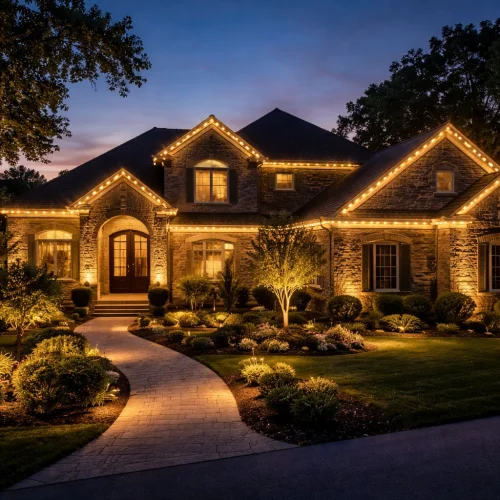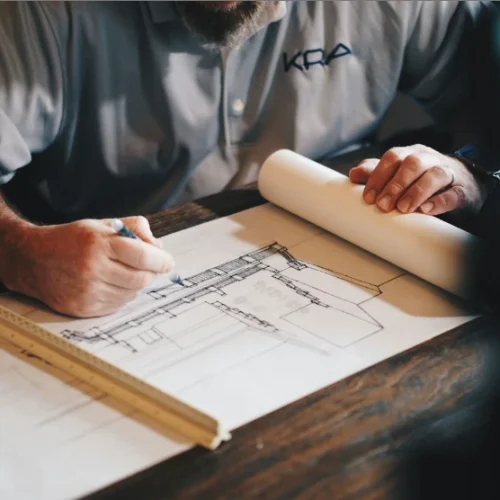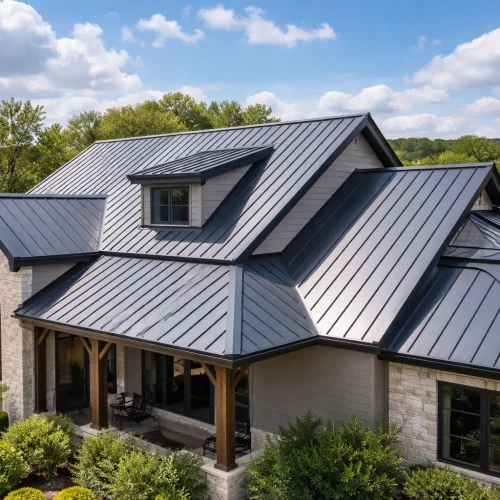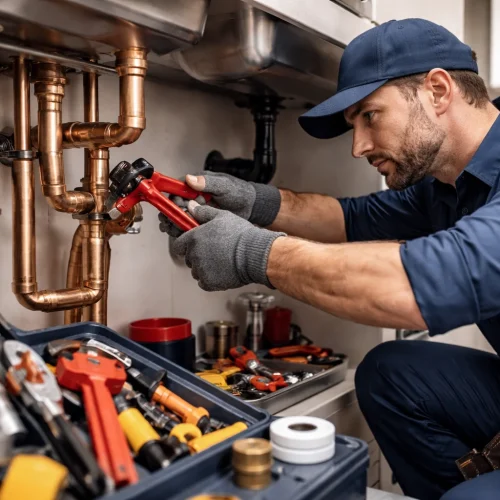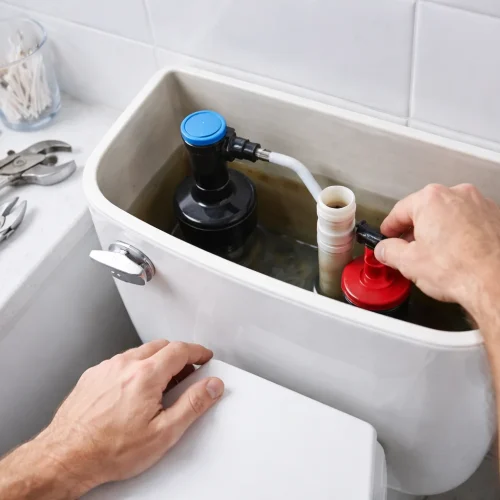
Water systems in taller homes often experience inconsistent flow or temperature, especially when accessed from different floors. Managing this setup requires more than just standard equipment; it requires a system that adapts to changing usage without added strain. As daily routines become more dispersed across bedrooms, bathrooms, and kitchens on separate levels, reliable water heater becomes increasingly central to comfort.
A smart water heater brings balanced performance to homes with complex layouts. It supports steady water delivery throughout the house, responding to how and when different areas are used. Here are several features and design benefits to expect from this type of system in a multi-story home.
Why a Smart Water Heater Is Essential in Modern Homes
In today’s home improvement landscape, upgrades are expected to go beyond aesthetics, they need to enhance performance, sustainability, and convenience. A smart water heater checks all those boxes. As energy efficiency becomes a top priority and smart technology becomes more accessible, homeowners are looking for systems that support daily living without inflating utility costs.
Especially in multi-story homes, water heating isn’t just about comfort, it’s also a matter of efficiency and infrastructure. Inconsistent water temperature or pressure between floors can affect how enjoyable and functional each space is. A smart water heater reduces that friction by providing a consistent experience across the entire home, making it an essential part of a whole-house improvement strategy.
Energy Use That Aligns with Daily Routines
Many heating systems operate on fixed schedules that don’t reflect actual usage patterns. A setup with intelligent controls adjusts itself throughout the day without constant manual changes. It accounts for different times of use, whether early morning routines or evening baths, and aligns with those needs. The result is a system that operates when necessary, conserving energy during off-hours. An advanced water heater operates based on habits, adjusting automatically and improving overall function without adding extra complexity.
Remote Access and Control Options
A common feature found in newer systems is the ability to manage them remotely. Households with multiple levels often benefit from this since the unit may not be located on the same floor as the user. Adjustments can be made through apps, displays, or panels linked to the device, offering direct access without physical interaction. Functions such as scheduling, viewing current temperature, and modifying settings are typically included. These options add convenience for homes where quick changes or checks are needed without having to travel up or down flights of stairs.
Built-In Functions That Adapt Over Time
Some systems operate more efficiently when they can recognize usage patterns and make small internal changes. Once those patterns are established, the heater may begin to tailor temperature cycles based on actual behavior. Such adjustments can benefit homes with uneven usage across floors, allowing smoother transitions between periods of low and high demand.
Here are a few unique capabilities commonly featured:
- Learns preferred temperature ranges through repeated patterns
- Adjusts heating cycles to match family routines
- Reduces operation during long idle periods
- Offers insights into average usage over time
- Sends alerts for maintenance needs through simple notifications
How Smart Water Heating Supports Broader Home Efficiency Goals
Home improvement today often means thinking holistically, how do systems work together to make life easier, cheaper, and more eco-conscious? A smart water heater contributes significantly to these broader goals. When integrated with other smart systems like thermostats, solar panels, or home automation platforms, it becomes part of a comprehensive energy management strategy.
Not only can it reduce strain on the electrical grid during peak hours, but it also helps homeowners monitor and tweak their consumption patterns. This level of insight can lead to reduced monthly bills and even qualify for local energy rebates, making the system a win for both the wallet and the environment.
Designs That Fit with Various Layouts
Multi-story buildings have varied construction styles and space constraints. Heating equipment must be placed where it supports access but also fits within physical limitations. Flexible design options allow for installations in utility closets, garages, or smaller wall-mounted areas, making them ideal for limited floor space. A model suited for compact installation ensures more possibilities, especially when storage is at a premium. The design also affects how quickly water reaches taps or fixtures, making correct placement essential.
Planning Ahead for Long-Term Home Value
For homeowners considering future resale value, investing in smart infrastructure, including water heating, is a strategic move. Buyers are increasingly looking for homes that are move-in ready and outfitted with modern systems. A smart water heater adds a selling point that blends tech-savviness with daily practicality.
It also signals that the home has been cared for with long-term performance in mind, particularly when paired with other upgrades like improved insulation, new plumbing, or energy-efficient appliances. For anyone looking to future-proof their home, smart water heating is a practical and forward-thinking upgrade.
Frequently Asked Questions (FAQs)
A smart water heater uses intelligent controls to adjust heating based on real-time usage patterns, ensuring consistent hot water delivery across multiple floors.
By learning household routines and operating only when needed, a smart water heater reduces energy waste during off-peak hours, lowering utility costs.
Yes, many smart water heaters come with remote access through mobile apps or control panels, allowing users to adjust settings from any floor in the house.
Correct placement by experienced plumbers ensures even water pressure and temperature across all floors, optimizing performance and access throughout the home.
It boosts efficiency, adds resale value, integrates with smart home systems, and fits into compact layouts—making it a valuable upgrade for modern homes.
Experienced Plumbing Support Enhances System Performance
Installing a water heating system in a multi-story home involves more than a basic setup. Coordinating with professionals who understand structural layouts, water pressure considerations, and floor-by-floor demands can lead to more reliable performance. Skilled teams handle each step with attention to detail, from selecting a system that fits the home to making sure every fixture gets the right level of access. Working with locally based professionals adds another layer of convenience.
A smart water heater is well-suited for homes with multiple levels, offering a thoughtful combination of performance, adaptability, and convenience. It delivers warm water consistently across floors and adjusts output based on actual patterns without needing constant oversight. From remote controls to space-conscious designs, it adds quiet support to daily routines while staying in step with a home’s layout and usage.




